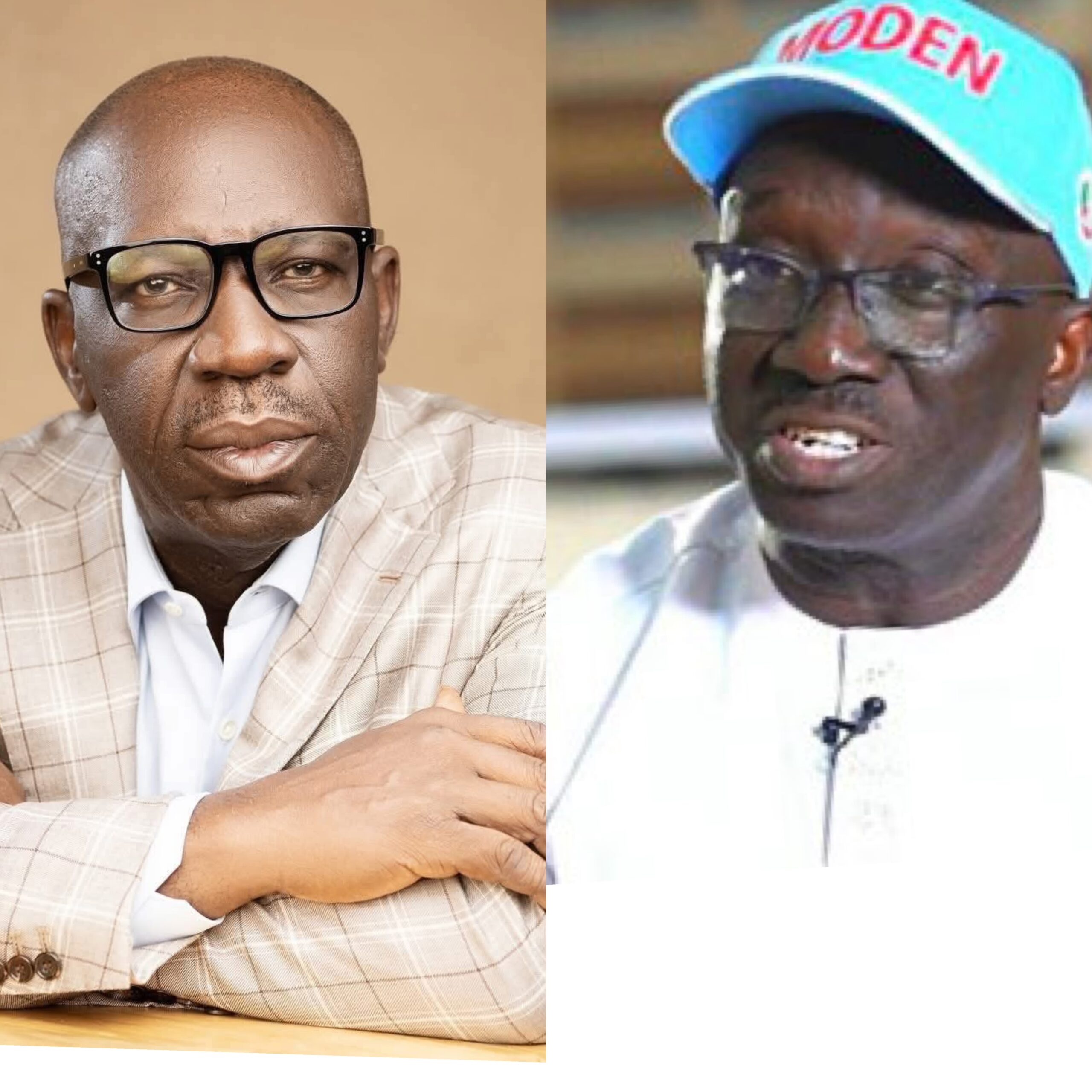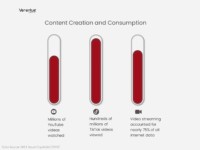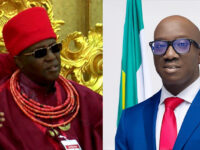Edo’s Tale of Two First Years: Obaseki’s Institutional Reforms Vs Okpebholo’s Insecurity and 2.5M Votes.

Edo’s Tale of Two First Years: Obaseki’s Institutional Reforms Vs Okpebholo’s Insecurity and 2.5M Votes. – Part 1
By Nosakhare Ighodaro
Nearly a year ago, on 12 November 2024, Senator Monday Okpebholo took the oath of office as the 19th governor of Edo State, succeeding Mr Godwin Obaseki after eight transformative years. As Okpebholo marks his first anniversary in office, a clear contrast has emerged between his leadership and that of his predecessor.
Mr Obaseki’s first year in 2016–2017 was marked by deliberate planning, institutional reform, and measurable progress that reshaped Edo’s governance model. Governor Okpebholo’s first year, by contrast, has been overshadowed by rising insecurity, controversial spending, and what many see as premature politicking ahead of the 2027 general elections.
When Governor Obaseki assumed office in 2016, Edo faced a weak tax base where touts were making a fortune from multiple taxation, declining infrastructure, and overreliance on federal allocations. His approach was methodical. He prioritised building systems over headlines and Jamborees. Within months, his administration digitised tax collection and retired all the touts. This action led to a boost of internally generated revenue to around ₦6 billion monthly, a milestone that allowed the state to finance projects in education, health, and infrastructure without accruing new debt.
He launched the Edo State Oil Palm Programme (ESOPP), which attracted more than $500 million in private investment from Okomu Oil, Presco, and Dufil. Over 100,000 hectares of degraded land were converted into productive plantations, creating thousands of jobs and positioning Edo as a growing agro-industrial hub in southern Nigeria.
Education reform followed swiftly. The Edo Basic Education Sector Transformation programme (EdoBEST), launched in December 2016, introduced digital learning to classrooms. Over 10,000 teachers were retrained, and more than 500 public schools received tablets and digital curricula, transforming the state’s approach to basic education.
Healthcare was next. The Edo State Social Health Insurance Scheme, introduced in January 2017, enrolled about 200,000 low-income residents and reduced medical expenses by up to 40 per cent. Telemedicine was launched in 52 primary healthcare centres, connecting rural communities to doctors in urban hospitals. The Federal Ministry of Health later recognised Edo as the best-performing state in the South-South for routine immunisation.
That same year, Obaseki established the EdoJobs portal to centralise employment opportunities, inaugurated Alaghodaro, an annual investment summit and opened the Edo Innovation Hub to train young people in digital and technical skills. Infrastructure development kept pace, with over 12 kilometres of urban roads completed in Benin City alone during his first year.
By the end of 2017, Edo had developed a new reputation for data-driven governance, fiscal discipline, and innovation. The institutional structures Obaseki built continue to underpin the state’s development today.
Governor Okpebholo entered office in 2024 with the promise of his “SHINE”. But one year on, it seems the “SHINE” means doomed for Edo as the state is currently experiencing insecurity at the highest level, untold hardship, abuse of power, and questions over priorities.
In January 2025, his administration announced the recovery of 3,500 illegal arms and proudly reported a zero-Yuletide killings record. Yet by October, Edo had become one of Nigeria’s most notorious kidnapping hotspots. On 25 October, ten passengers were abducted along the Benin–Sobe–Akure Road, with a ransom demand of ₦20 million. In September, a Chinese engineer was kidnapped at BUA Cement’s Okpella site, while in July, seminarians in Ivianokpodi were seized by gunmen and remain missing.
Civil groups such as MonITNG have since described Edo’s highways as death traps, and all Edo homes and those in diaspora are currently lamenting that a once-secure state has turned into a kidnapper’s paradise! For many, the governor’s campaign promise to make Edo shine has turned into a painful irony.
Controversy has also surrounded the administration’s spending decisions. In January, reports revealed that the government purchased 60 bulletproof SUVs for political appointees at a cost of about ₦5 billion even as civil servants faced salary delays. This was highly criticised by all Edos across the globe as a move that is both insensitive and inconsiderate, with earlier claims of cost-cutting. The Government tenure is obviously a Government filled with only m,e politicians and mediocre. Edo citizens globally are ashamed of the level of retrogression this administration has brought upon the state.
Governor Okpebholo’s rhetoric has only deepened public unease. During his 100-day address in February 2025, his most quoted line was, “Edo will deliver 2.5 million votes for President Tinubu in 2027.” To many, this was a sign that the administration’s focus had shifted from governance to campaigning. For a state grappling with insecurity, inflation, and youth unemployment, the statement was seen as tone-deaf.
Obaseki’s legacy from digital tax systems to education and healthcare reform continues to yield benefits long after his tenure. In contrast, Okpebholo’s administration has been defined largely by insecurity, luxury convoys, and electoral pledges.
Edo voters, many of whom supported the PDP’s Dr Asue Ighodaro in the 2024 election but could not overturn the result, now face renewed hardship in the form of ransom payments, inflation, and insecurity. The lesson is clear: when governance becomes news headlines rather than service, it is ordinary citizens who bear the cost.
Governor Godwin Obaseki showed that leadership could be data-driven, pragmatic, and people-centred. Governor Okpebholo’s first year shows unpreparedness for the complexities of governance and a lack of discipline.
ALSO READ: Okpebholo admits EdoGIS collapse under his poor leadership
As Edo marks one year under this administration, the question we should ask ourselves is, can Edo afford two more years of drift? The answer lies in whether Edo’s citizens will demand accountability before the decline becomes irreversible or remain quiet.
Nosakhare Ighodaro writes from Egor Local Government Area, Edo State.






